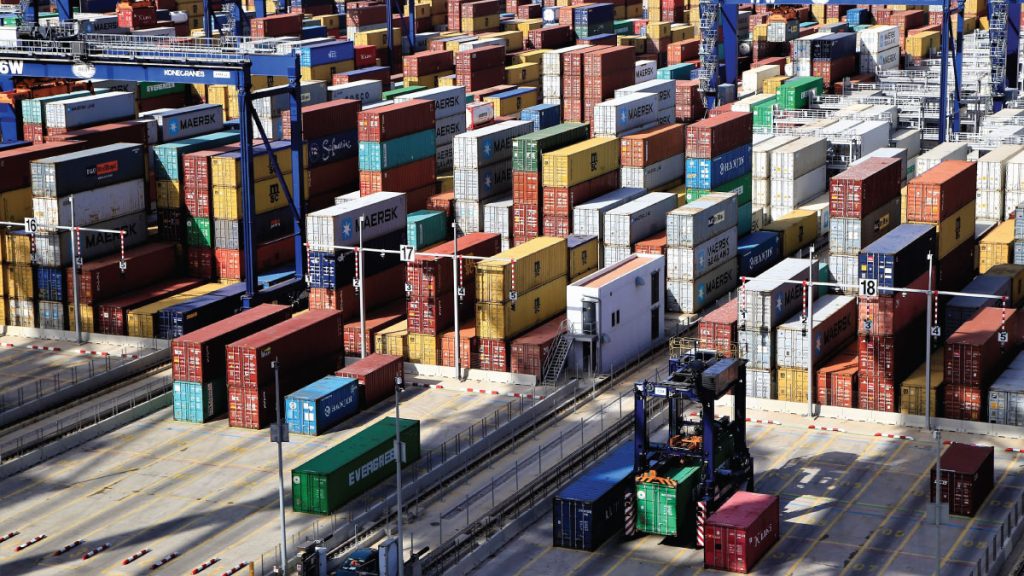MW-UK trade on downward spiral
Malawi’s total trade with the United Kingdom continues to fall, reported at £57 million (about K66 billion) in the second-quarter (Q2) of this year, a 17.4 percent decline from the similar period last year, fresh UK trade statistics show.
Malawi is now the 160th trading partner of the UK accounting for less than 0.1 percent of total UK trade.

Data from the United Kingdom’s Department for International Trade on trade and investment between the UK and Malawi published last week indicate that Malawi imported goods and services worth £36 million (about K42 billion) in the four quarters to the end of Q2 2022.
This was a decrease of 20 percent or £9 million (about K10 billion) compared to the four quarters to the end of Q2 2021.
In contrast, Malawi exported goods and services worth £21 million (about K24 billion) to the UK in the four quarters to the end of Q2 of 2021—a decrease of 12.5 percent or £3 million or (about K3.5 billion) compared to the previous year.
Reads the Malawi trade and investment factsheet in part: “Of all UK exports to Malawi in the four quarters to the end of Q2 2022, £21 million or 58.3 percent were percent were services.goods and £15 million or 41.7
“In the four quarters to the end of Q2 2022, UK exports of goods to Malawi increased by 75 percent or £9 million compared to the four quarters to the end of Q2 2021 while UK exports of services to Malawi decreased by 54.5 percent or £18 million compared to the four quarters to the end of Q2 2021.”
National Working Group on Trade and Policy Frederick Changaya has since observed that Malawi needs to replace traditional exports of produce with high-value added products to penetrate and make the most of existing markets.
He said: “UK or not, our problems are the same. We export cheap produce and import high-value commodities.
“Malawi needs to help factories to grow to a level where we can substitute imports. Further Malawi needs black participation in that industrialisation drive. No country develops when its people are excluded from value added goods production. So, you will see that though it appears far away, development and deficit reduction would take a few policy instruments and a few support actions.”
According to the UK data, road vehicles other than cars, office machinery, scientific instruments, cars and other manufactures topped the list of Malawi’s imports from the UK.
On the other hand, coffee, tea and cocoa; vegetables and fruit, sugar, furniture (consumer) and cereals topped the list of Malawi’s exports to the UK.
On the regional front, available data shows that the country’s trade with neighbouring countries is also minimal with imports mostly exceeding exports thus creating a wide trade balance.
But having launched the National Export Strategy II (NES II) (2021 – 2026), the government through the Ministry of Trade expects an outturn of such dominance and consequently an improved trade balance.
Government is upbeat that through implementation of the (NES II) which is anchored on industrial development through manufacturing of value-added products for exports, Malawi’s trade balance will improve.
Ministry of Trade spokesperson Mayeso Msokera is on record that the government continues to implement policies and strategies to boost trade.
He said the main focus is to build the export readiness of Malawi exporters and develop regional and global value chains, promoting entrepreneurship with emphasis on micro, small and medium enterprises and addressing critical enablers related to exports such as energy, transport, market intelligence and trade facilitation.





